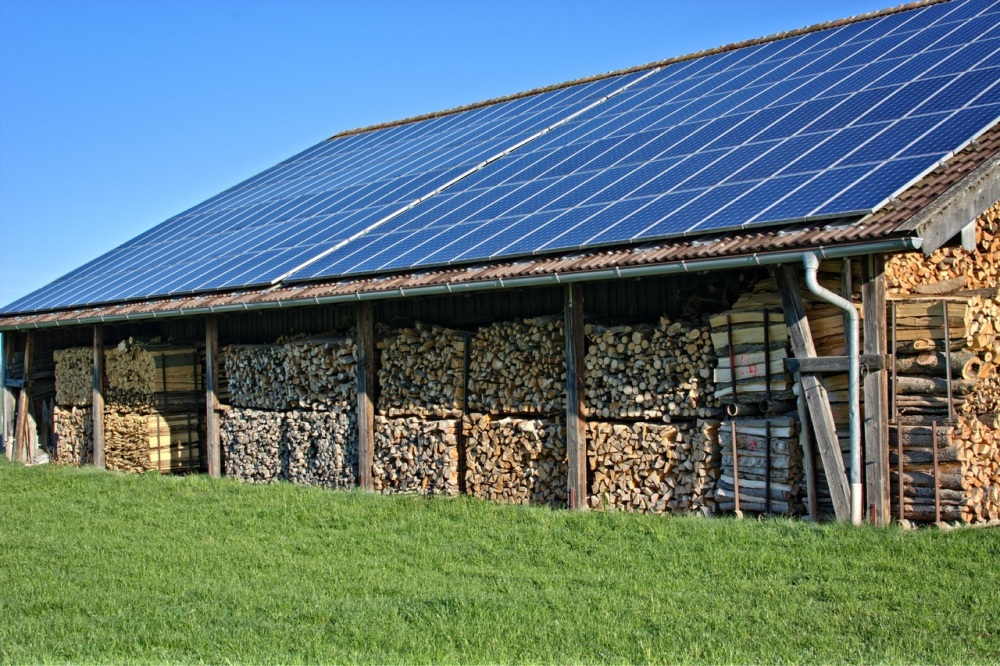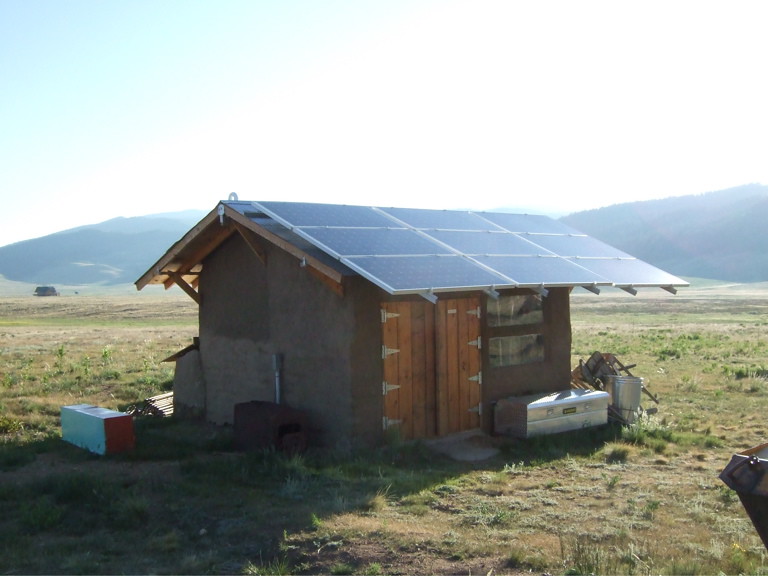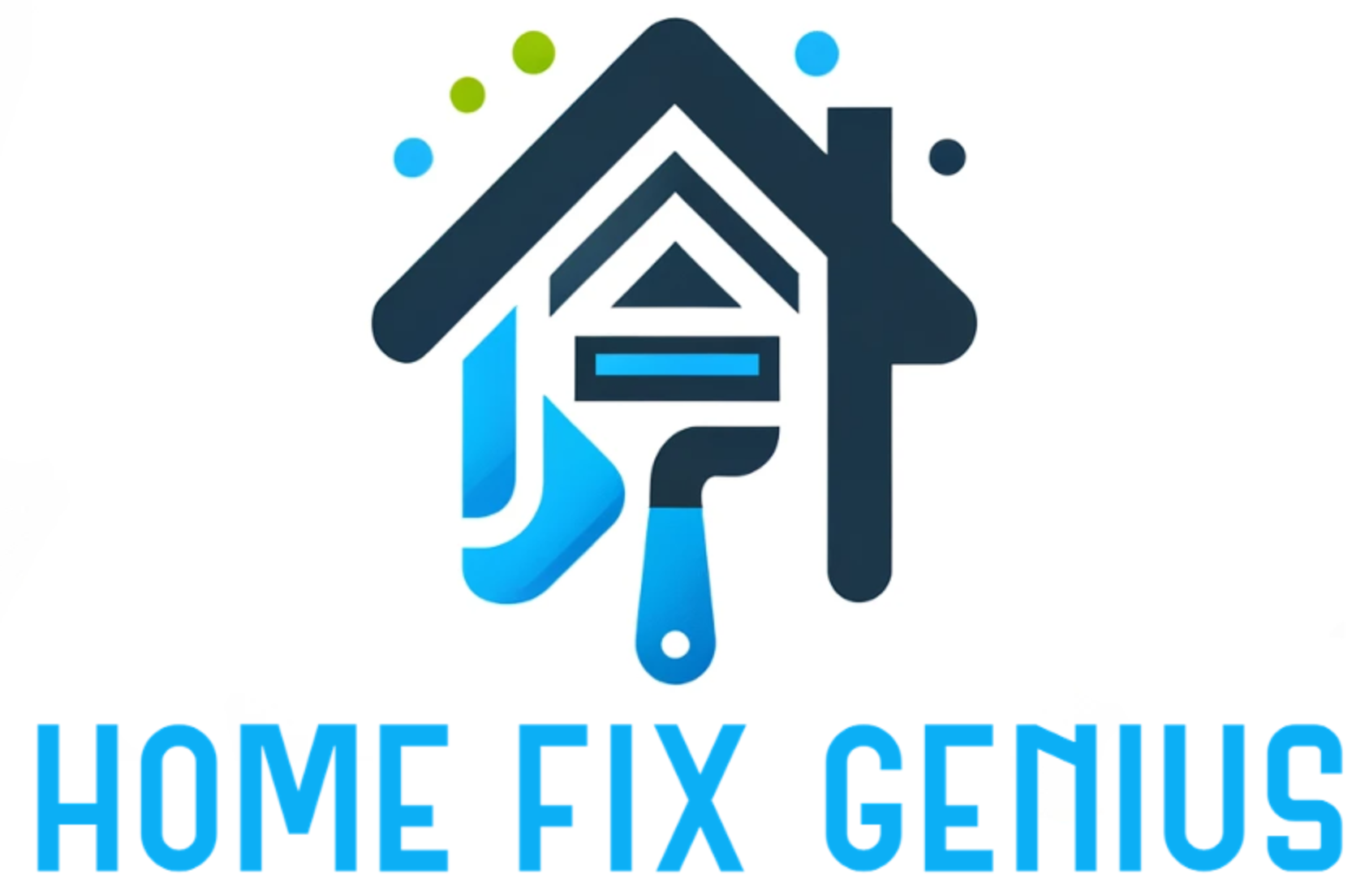
Sheds are evolving beyond mere storage spaces into vibrant extensions of our living environments, accommodating everything from DIY projects to leisure pursuits. Yet, the challenge of efficiently powering these structures often leads to complex and costly electrical setups. Solar power solutions for sheds emerge as a groundbreaking alternative, harnessing the sun’s energy to provide a reliable, renewable electricity source. This expanded exploration reveals how solar power can revolutionize your shed, transforming it into an energy-efficient and practical haven.
Why Solar Power for Your Shed?
Opting for solar energy for your shed goes beyond utility; it signifies a commitment to sustainability and efficiency. This choice eliminates the need for expensive grid connections, potentially saving significant amounts on electricity bills over time. Solar power diminishes your environmental footprint by using an inexhaustible source of clean energy, moving towards self-sufficiency and ensuring your shed remains powered during grid outages, thus enhancing both convenience and reliability.
Understanding Solar Power Systems for Sheds
The core of a solar-powered shed is a sophisticated system that captures and transforms sunlight into usable electricity. This system consists of solar panels that collect solar energy, a charge controller that optimizes battery charging and prolongs its lifespan, batteries that store electricity for later use, and an inverter that converts stored DC electricity into AC power for appliances and tools within the shed.
Choosing the Right Solar Power System
The process of selecting an appropriate solar power system involves evaluating your shed’s energy requirements. Listing all electrical appliances and tools, along with their wattage, will guide you in choosing a system that meets your capacity needs. Future expansions should also be considered, favoring modular systems for easy scalability. The durability and reliability of the system are paramount, emphasizing the importance of selecting high-quality components and securing comprehensive warranties.
Installation Tips
Optimal installation is key to the efficiency of your solar power system. Panels should ideally be placed facing south in the Northern Hemisphere to capture the most sunlight. The consideration of installation angles and secure mounting options is vital for maximizing sun exposure year-round. While some enthusiasts might attempt DIY installation, seeking professional advice or services ensures that the system is installed correctly and safely, adhering to all safety standards and manufacturer guidelines.
Benefits of Solar Power for Sheds
Adopting solar power for your shed brings numerous advantages, including significant cost savings by reducing or eliminating electricity bills associated with shed usage. It offers an environmentally friendly alternative that contributes to reducing greenhouse gas emissions. Moreover, solar-powered sheds gain energy independence from the grid, providing a reliable power source unaffected by local power outages. The addition of a solar power system can also increase the property value, making it a wise investment.
Maintenance and Care
Solar power systems boast low maintenance requirements. Simple actions like cleaning panels to remove dust and performing annual inspections to check for potential issues ensure the system’s long-term efficiency and reliability. With proper maintenance, a solar power system can continue to serve your shed’s energy needs for many years.
Case Studies
The adoption of solar power in sheds worldwide has proven its effectiveness. From garden sheds repurposed into productive home offices powered entirely by solar energy to workshops that operate using clean, renewable power, the practicality and benefits of solar systems are evident. Users consistently report satisfaction with the performance and savings offered by solar power.
Conclusion
Solar power for sheds represents a sustainable, cost-effective solution that supports energy needs while contributing to environmental preservation. Through a deeper understanding of solar power systems and thoughtful selection and installation, sheds can be transformed into exemplars of renewable energy use. This shift not only caters to immediate energy requirements but also aligns with broader ecological goals, marking a significant step towards a more sustainable future.

FAQs
How much does it cost to install solar power in a shed?
The installation cost for solar power in a shed varies significantly based on the system’s size, the quality of components, and whether you opt for professional installation. Basic kits can start from a few hundred dollars, suitable for lighting and small devices. More extensive systems, capable of powering workshops or offices, can range into several thousand dollars. The initial investment is often recouped over time through savings on electricity bills.
Can I install a solar power system myself?
Yes, individuals with a basic understanding of electrical systems and a do-it-yourself (DIY) spirit can undertake the installation of a solar power system. Many kits are designed with the homeowner in mind, offering straightforward instructions. However, for complex systems or those requiring significant alterations to your property, professional installation is advised to ensure safety, efficiency, and compliance with local codes and regulations.
How long do solar panels last?
Solar panels are known for their durability and longevity, often lasting 25 years or more. While their efficiency might slightly decrease over time, many panels continue to produce a significant amount of electricity well beyond their expected lifespan. Manufacturers typically offer warranties that guarantee a certain level of performance for up to 25 years, providing peace of mind and reliability.
Do solar panels work on cloudy days?
Solar panels can indeed generate electricity on cloudy days, though their output is lower than on sunny days. Modern solar panels are designed to be efficient in various lighting conditions, capturing diffused sunlight that penetrates cloud cover. As a result, even on overcast days, your solar system can still contribute power, albeit at reduced capacity.
Is a permit required to install solar power in a shed?
The requirement for a permit to install solar power in a shed depends on local regulations, which can vary widely between jurisdictions. Some areas may require a permit for the electrical work involved or for the physical modification of the structure to accommodate solar panels. It’s essential to check with your local building department or municipality to understand the specific requirements and obtain any necessary permits before proceeding with installation.
